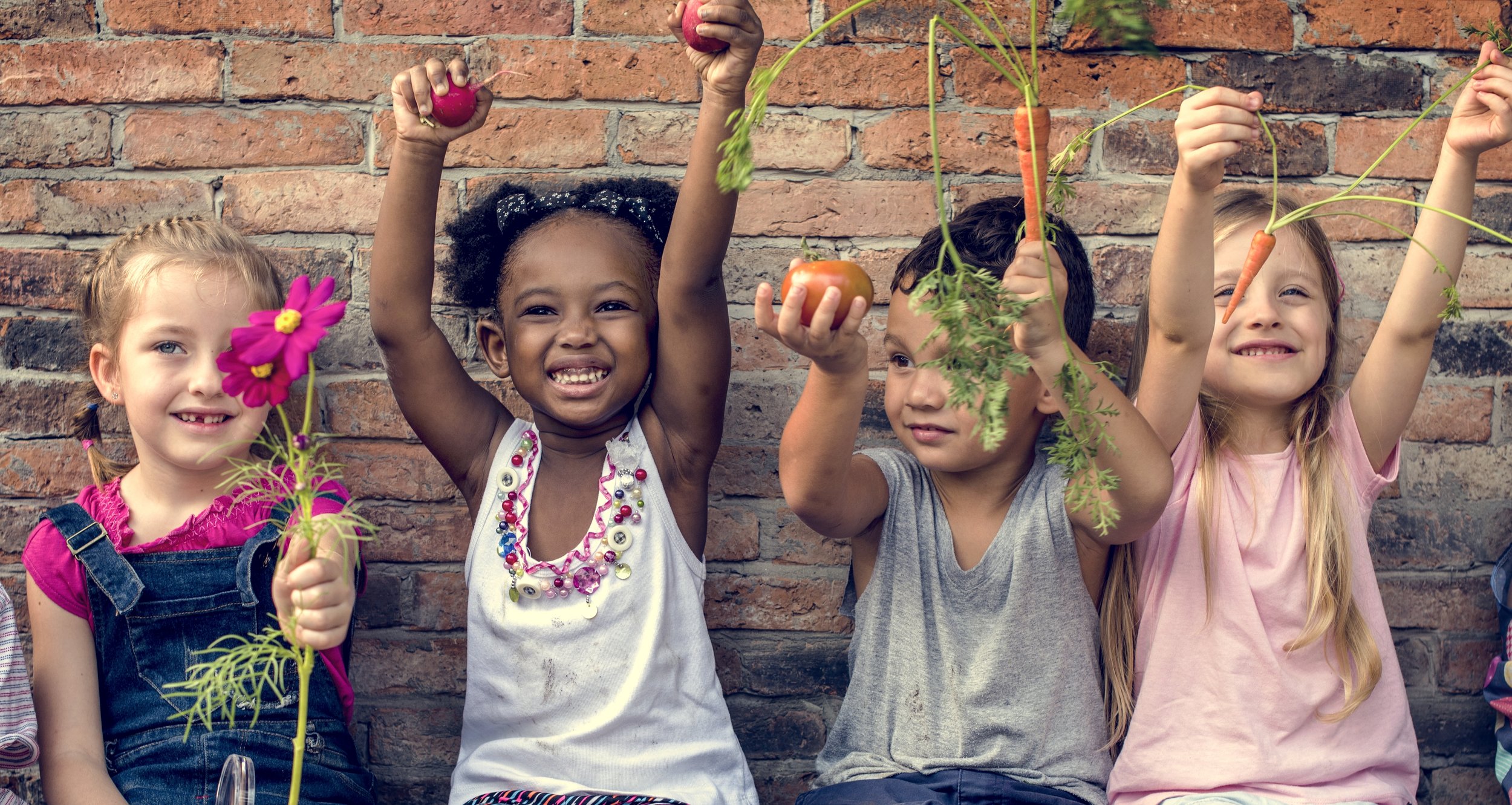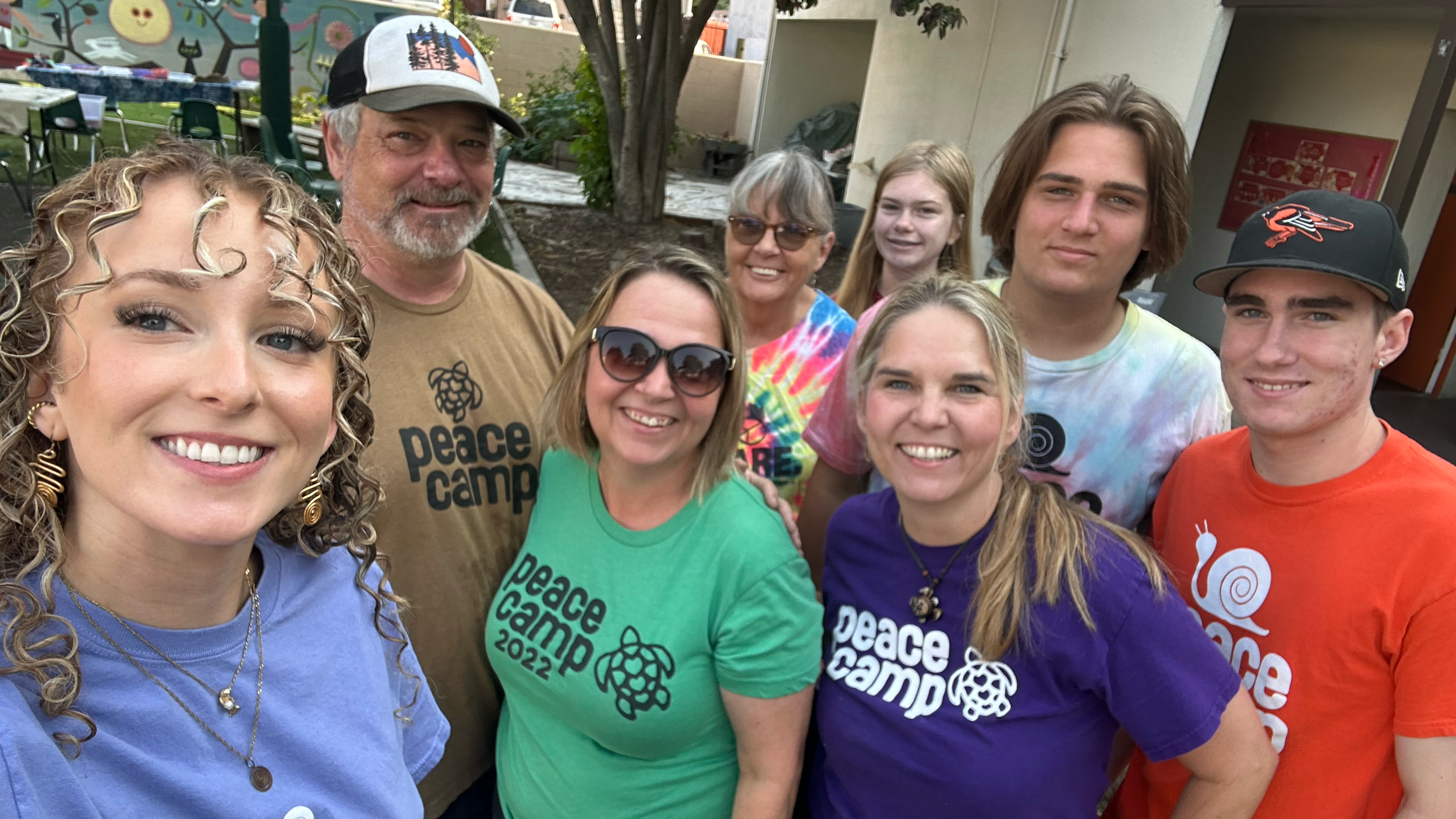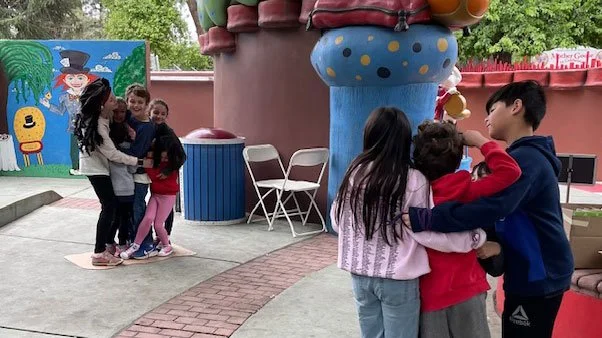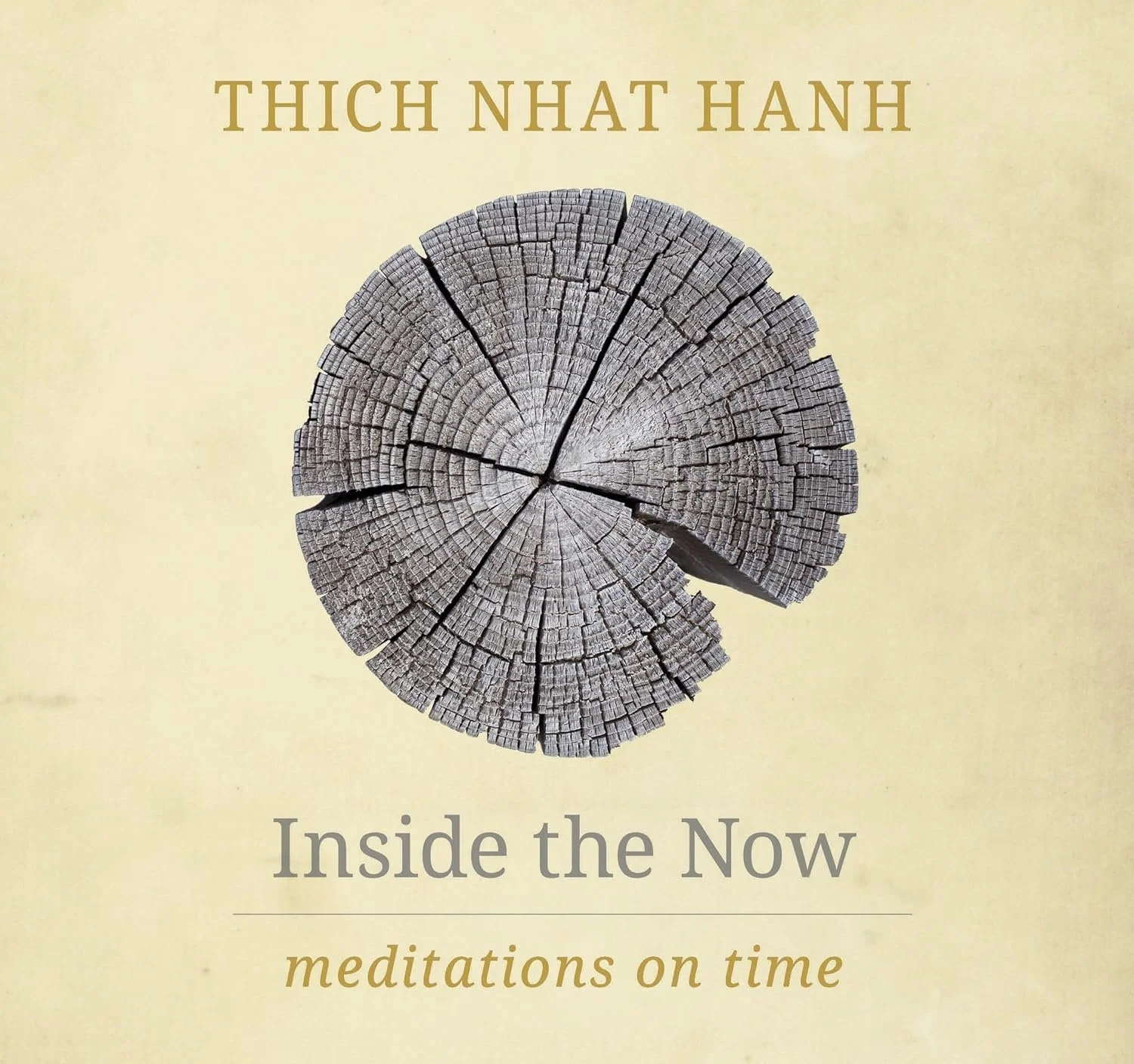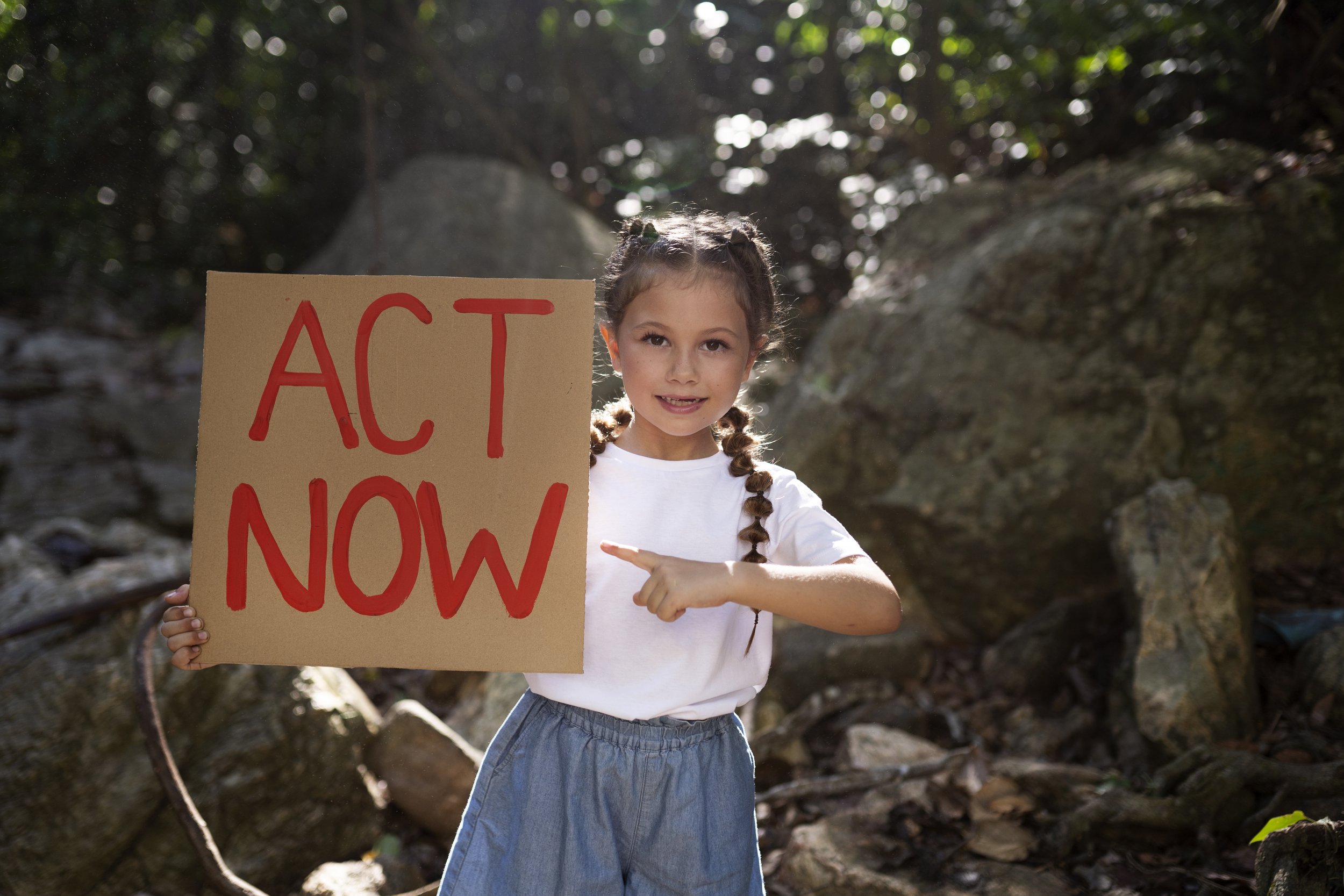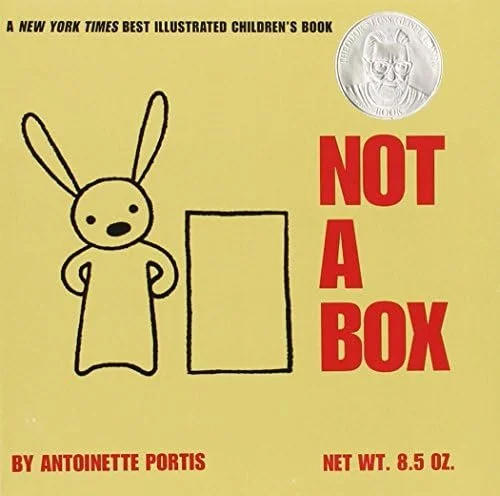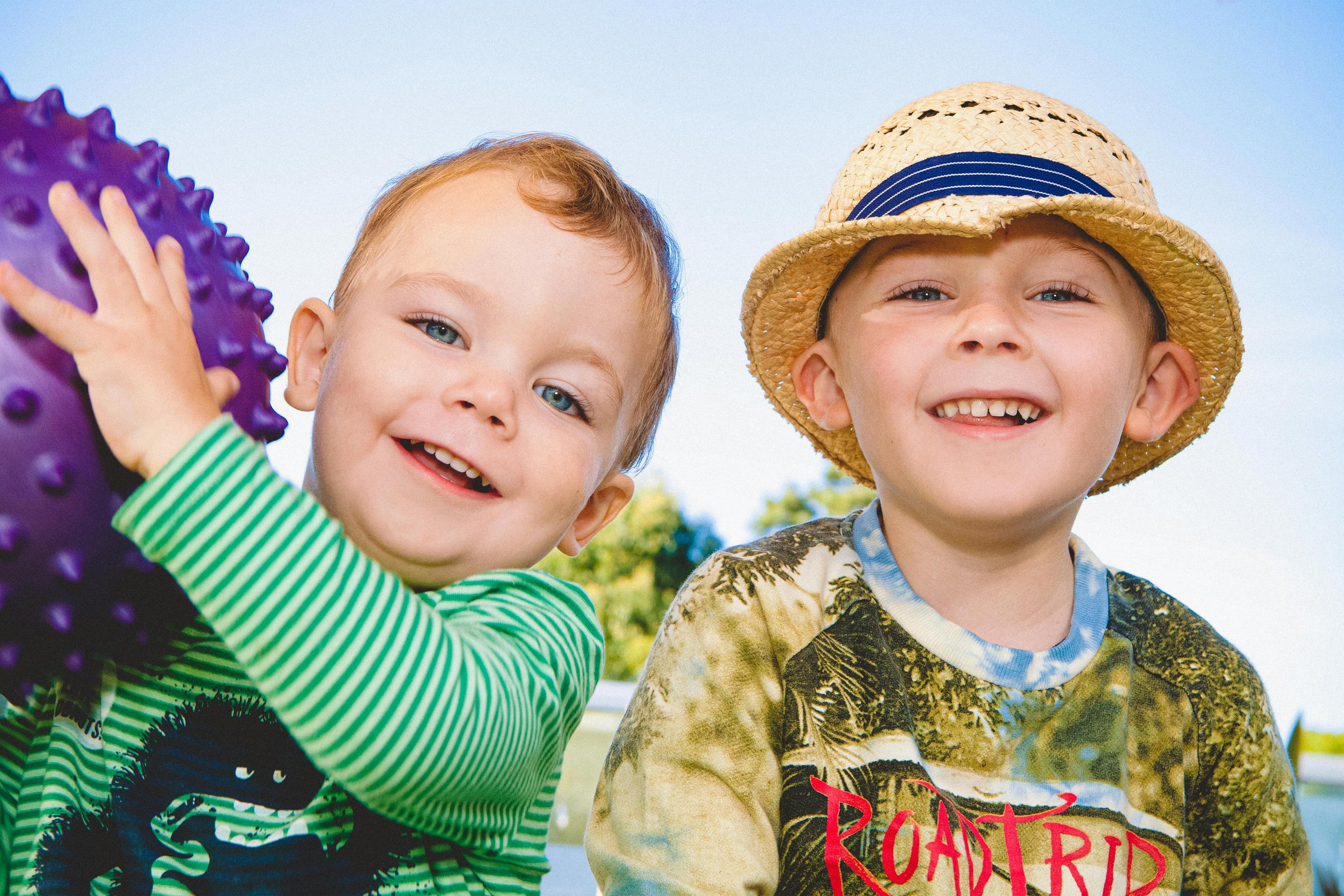Article Themes
-

Peaceful Pathways
-

Making Sense of the World Through Play
-

Joy in Diversity
-
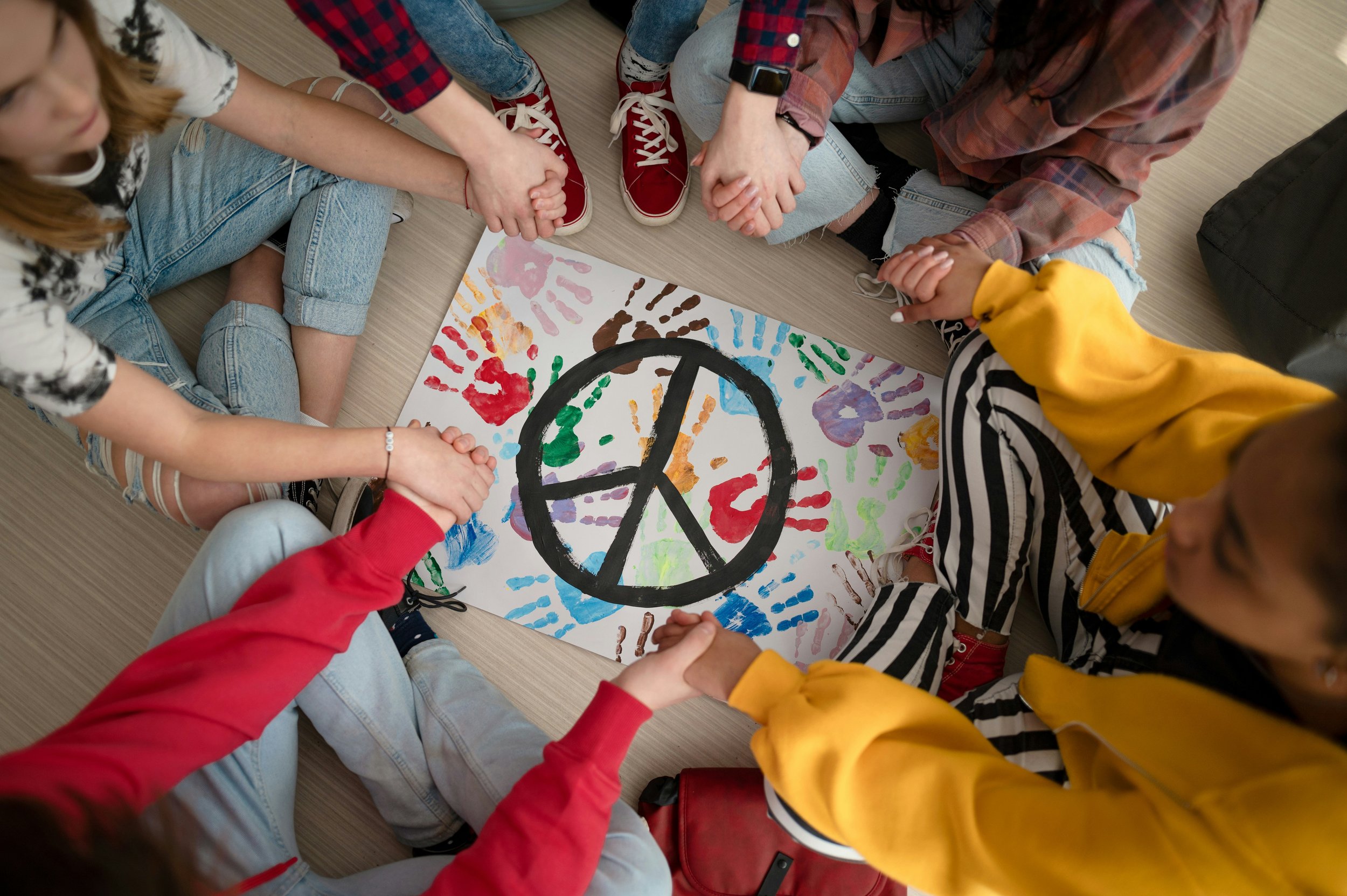
Teaching Peace
-

Civility
-

Taking Responsibility
-

What’s on Educators’ and Families’ Minds?
-

Empowered Children…Empowered Parents
-

Shifting Hurting Power to Helping Power
-
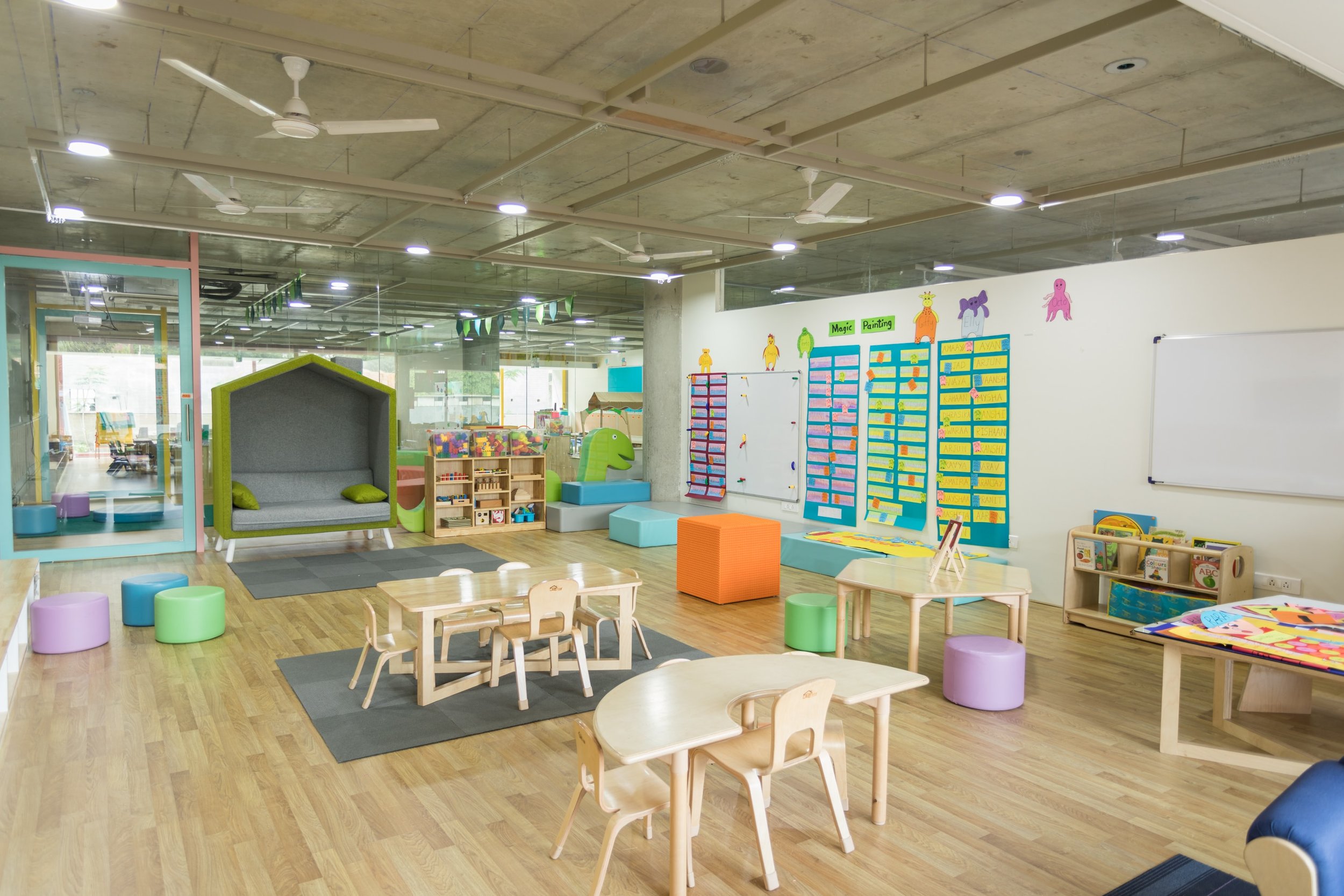
Changing Trends in ECE
-

Put on Your Own Oxygen Mask First: Care of Self
-

Living with Uncertainty
-
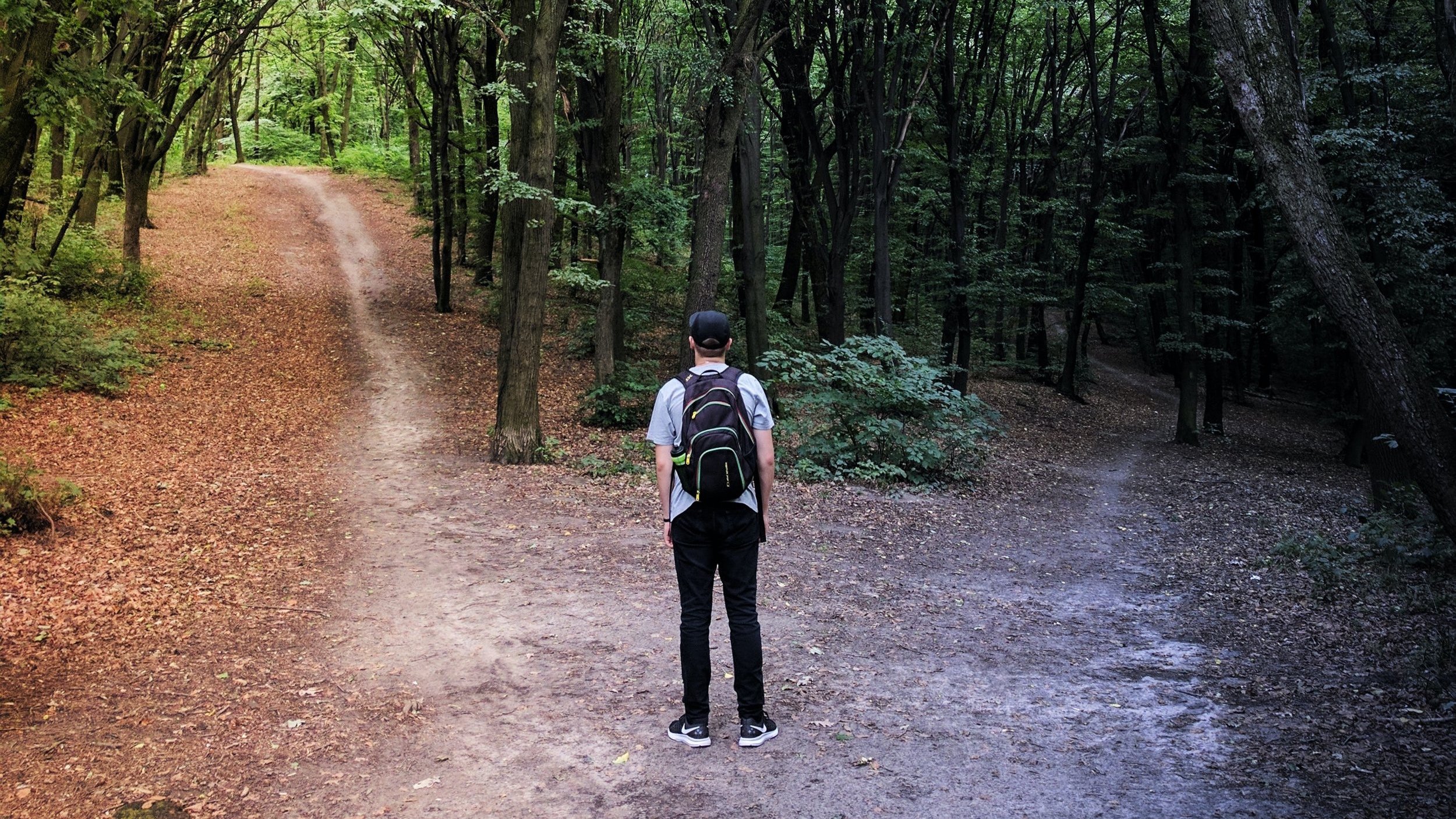
The Freedom of Making Choices
All Articles
Dear Olive Branch
As we interact with others in our worlds, we sometimes realize that we are not always in a peaceful setting. A “peaceful feeling” is not a constant state of mind, but one that we strive to experience now and again.
Shifting Perspectives
It takes a village. And when your village burns down, the community comes together to process, mourn, create, and rebuild, together. Peace Camp was an opportunity to create some semblance of peace and joy and hope.
Storyland Peaceful Pirate Spring Camp in Fresno, California
In Spring of 2025 in Fresno, California an exciting Peaceful Pirate Spring Camp was experienced by fifteen children and four teachers. It was held at a children’s park called Storyland.
The Peaceful Path
I am fortunate to have belonged to one of the last generations able to grow and develop through free play. Being able to go outside and play until the streetlights came on was the best scenery during the weekends and our vacations.
Inside the Now: Meditations on Time
Peace Education emphasizes meeting needs collaboratively, but older wisdom holds that true peace begins within. Individuals must cultivate inner peace before they can fully and successfully walk the paths of peace with others.
Peaceful Pathways to Advocacy
As educators, we have a unique opportunity to model for and encourage the children in our care to recognize unfairness and develop empathy and skills to stand up for themselves and others.
Dear Olive Branch
When we think of play, we usually picture dolls and balls. However, we are taking it to a deeper level as we look at subtle stories about play. Playing with words, ideas, concepts and problem solving can be as much fun as playing with dolls and balls, especially as we get older.
Play – The Best Learning Environment for Young Children
I am fortunate to have belonged to one of the last generations able to grow and develop through free play. Being able to go outside and play until the streetlights came on was the best scenery during the weekends and our vacations, a feeling I'm sure many of you can relate to.
Facilitating Creative Play
There are many different approaches to play. This article will look at approaches that are developmentally appropriate for Toddlers through TK. It will discuss what is developmentally appropriate and what is the educator’s role to facilitate that play.
Boxes and Imagination
Not a Box by Antoinette Portis is about a rabbit with imagination. A cardboard box is not a box – it’s a spaceship, a race car, a robot or anything else the rabbit can playfully dream up! Another box story, Roxaboxen by Alice McLerran is about some imaginative children who lived in the desert.
Just Play: Inspiring Adult Play in Early Childhood Education
I found this book last year. I was so engaged in every page that I brought it to my colleagues at Educators for Peaceful Classrooms and Communities. What spoke to me the most (and there were lots more), was that the focus on lesson plans, weekly themes, meeting standards, etc. was replacing a joyful frame of mind and really BEING WITH the children and how important that is.
Dear Olive Branch
Diversity comes in all sorts of ways and forms! Consider the many different ways that we all have of being, of communicating, of living our lives… not to mention the visible diversity of hair, eyes, skin… the list goes on!
The Book of Joy
You might expect a book written by the Dalai Lama and Archbishop Desmond Tutu to be religious in nature (they do speak of their faith), but this book crosses all political, religious, and ethnic boundaries speaking to us as human beings living on Earth with other human beings.
Enjoy Diversity
Diversity has a broad meaning that provides us the opportunity to write extensively about it. Still, in these times when it is proving extremely difficult to broaden understanding of what diversity is, and how beneficial it is, it is hard for us, as teachers, to implement in our classrooms.
The Extraordinary Parent
With those three teaching attributes (hands on, observation, stepping back) this parent’s expertise is so etched in my memory. This whole picture plays out. Along with the empowered wave and smile of satisfaction I would see if I peeked my head out the door as he left his shared pedagogy.
Hats and Balls, Oh My!
One of the best things about teaching in a parent participation preschool program is that it can bring out the playfulness of the adults who are participating. When the parents (and grandparents) are your co-teachers, they can take an activity in ways you may not have thought of.
Dear Olive Branch
Peace Education Curriculum development has a foundation of concepts and skills that promote peacemaking values. We begin with concepts – then select skills that can provide practice with a concept.
Be Like A Tree, Peace Camp 2024
I write this with a heavy heart, but also with a sense of hope and inspiration. Our theme for PEACE camp 2024 was “Be Like a Tree.” Ironically, our peace camp took place in Altadena, California, where so many of our gorgeous trees, along with so many of our homes, went up in flames.
Achieving Peace Education
I believe the significance of peace can be expressed and felt in different ways for each human being. But, whatever the manner of feeling this peace, it has a common denominator. How can we help our young students achieve this wellbeing through peace within themselves and their surroundings?
How To Know a Person
David Brooks begins and ends this book with the importance of being seen. He begins with “The purpose of this book is to help us become more skilled at the art of seeing others and making them feel seen, heard and understood.” Why is this important as a parent or educator?
